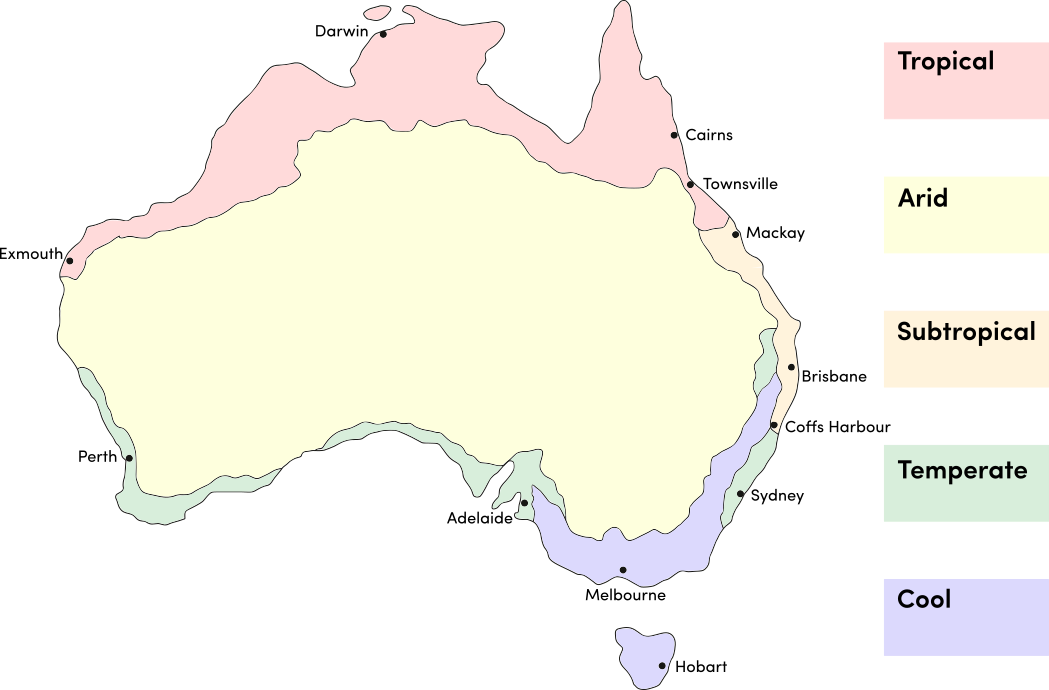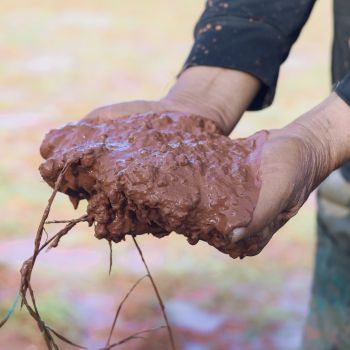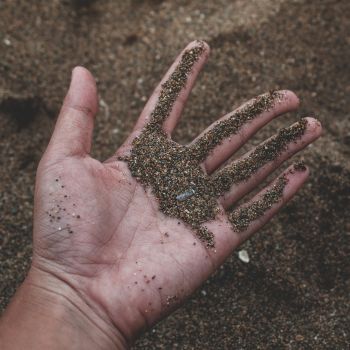Many gardeners reserve space for their compost piles and don't appear to mind turning and returning its muck to achieve that rich composted goodness that has the power to repair and enrich soil. However, some gardeners dislike this chore, may not have adequate room on their grounds to accommodate a compost pile, or are subject to community rules that disallow composting. Even so, there are a variety of commonplace items that you can add directly to your garden soil to improve or enhance it with no composting needed.
Coffee Grounds
Ideal for use as a general type of fertiliser, coffee grounds will add nitrogen to your soil as they break down and decompose. Nitrogen is a key nutrient for plants because it's essential for their development and is also an elemental component of the plant's chlorophyll. The coffee grounds add nitrogen-rich organic matter to the soil but can even enhance drainage, aerate the soil, and promote optimum water retention. The grounds, being quite tiny, break down quickly and as they do so will continue to enrich the soil around your plants with nitrogen.
Similarly, you can pour unused coffee onto soil directly from your pot to give your garden lovelies a nitrogen jolt. Some gardeners have claimed that the caffeine boosts earthworm performance, but that's a hypothesis you'll have to test for yourself.
Brewed Tea and Tea Bags
To give your garden or house plants a healthful watering, brew a weak tea with used tea bags. You can even toss tea straight from your mug into your garden. Tea contains carbohydrates, minerals, and other nutrients that your plants need to thrive. Don't throw out those used tea bags, either. You can slice them open and sprinkle them around plants. Roses, in particular, enjoy their periodic cup. Even if it takes some time for the larger tea leaves to break down, they'll slowly infuse nitrogen into your soil each time you water your plants. Whether your earthworms prefer coffee or tea is another theory you'll have to investigate.
Eggshells
Eggshells are compost pile staples, but many gardeners prefer to add them to the garden straight away. Eggshells are made of mostly calcium. Plants that appear to demonstrate stunted growth, develop brown spots, or are unable to stand upright (as is usual for the plant in question) could be indicating a calcium deficiency. Just as humans need calcium for strong bones and teeth, plants need this mineral to develop strong cell walls.
If you choose to add eggshells to your garden directly, you should wash and dry them out (some people go so far as to boil them, but that's a personal preference). Then, crush them well or place them in your blender to turn them into powder. You can sprinkle this powder directly on the soil near your plants, shrubs, and trees. Garden experts have reported that adding eggshell to the soil around squash or tomato plants is ideal, as it helps to prevent blossom end rot.
Banana Peels
The peel or skin of the banana can be incredibly healthful for your garden soil. The trick is to cut up the peels into very small pieces so they can break down more quickly. As these peels break down, they will release a tremendous amount of nutrients into your soil that includes calcium, potassium, sodium, magnesium, phosphates, and more. Not only can banana peels help plants to be more resistant to disease; they even ward off aphids that are known to dislike banana.
Some gardeners prefer to make a kind tea with their banana peels. They allow the peels to steep in a jar of water for two days. Then, they discard the peels and use the "banana tea" to water their plants. You can also dry the peels and then grind them up to sprinkle directly onto your soil.
Used Cooking Water
What do you do with the water you've used to boil pasta, potatoes, spinach, or carrots? If you dump it down the drain, you are wasting fertilising gold. Boiled vegetables and grains release their nutrients into the water. You can use this water for indoor plants as well as outdoor plants. Just let the water cool, add it to your watering can, and give your plants a healthful sprinkling. In addition, you can also use the water from your vegetable steamer for the same purpose.
Even if you choose not to maintain a compost pile, you can still offer your plants and their surrounding soil some healthful additives with these items that do not require composting before use. Rather than waste them by throwing away all of their precious nutrients, add them to your garden where they're sure to do some good.






